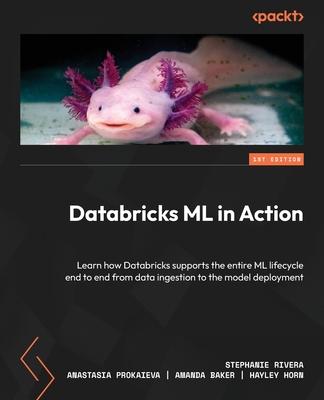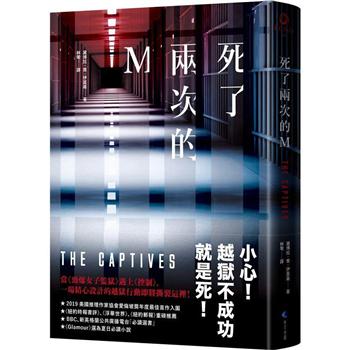Get to grips with autogenerating code, deploying ML algorithms, and leveraging various ML lifecycle features on the Databricks Platform, guided by best practices and reusable code for you to try, alter, and build on
Key Features- Build machine learning solutions faster than peers only using documentation
- Enhance or refine your expertise with tribal knowledge and concise explanations
- Follow along with code projects provided in GitHub to accelerate your projects
- Purchase of the print or Kindle book includes a free PDF eBook
Discover what makes the Databricks Data Intelligence Platform the go-to choice for top-tier machine learning solutions. Databricks ML in Action presents cloud-agnostic, end-to-end examples with hands-on illustrations of executing data science, machine learning, and generative AI projects on the Databricks Platform.
You’ll develop expertise in Databricks’ managed MLflow, Vector Search, AutoML, Unity Catalog, and Model Serving as you learn to apply them practically in everyday workflows. This Databricks book not only offers detailed code explanations but also facilitates seamless code importation for practical use. You’ll discover how to leverage the open-source Databricks platform to enhance learning, boost skills, and elevate productivity with supplemental resources.
By the end of this book, you’ll have mastered the use of Databricks for data science, machine learning, and generative AI, enabling you to deliver outstanding data products.
What you will learn- Set up a workspace for a data team planning to perform data science
- Monitor data quality and detect drift
- Use autogenerated code for ML modeling and data exploration
- Operationalize ML with feature engineering client, AutoML, VectorSearch, Delta Live Tables, AutoLoader, and Workflows
- Integrate open-source and third-party applications, such as OpenAI’s ChatGPT, into your AI projects
- Communicate insights through Databricks SQL dashboards and Delta Sharing
- Explore data and models through the Databricks marketplace
This book is for machine learning engineers, data scientists, and technical managers seeking hands-on expertise in implementing and leveraging the Databricks Data Intelligence Platform and its Lakehouse architecture to create data products.
Table of Contents- Getting Started with This Book and Lakehouse Concepts
- Designing Databricks: Day One
- Building Out Our Bronze Layer
- Getting to Know Your Data
- Feature Engineering on Databricks
- Searching for a Signal
- Productionizing ML on Databricks
- Monitoring, Evaluating, and More











